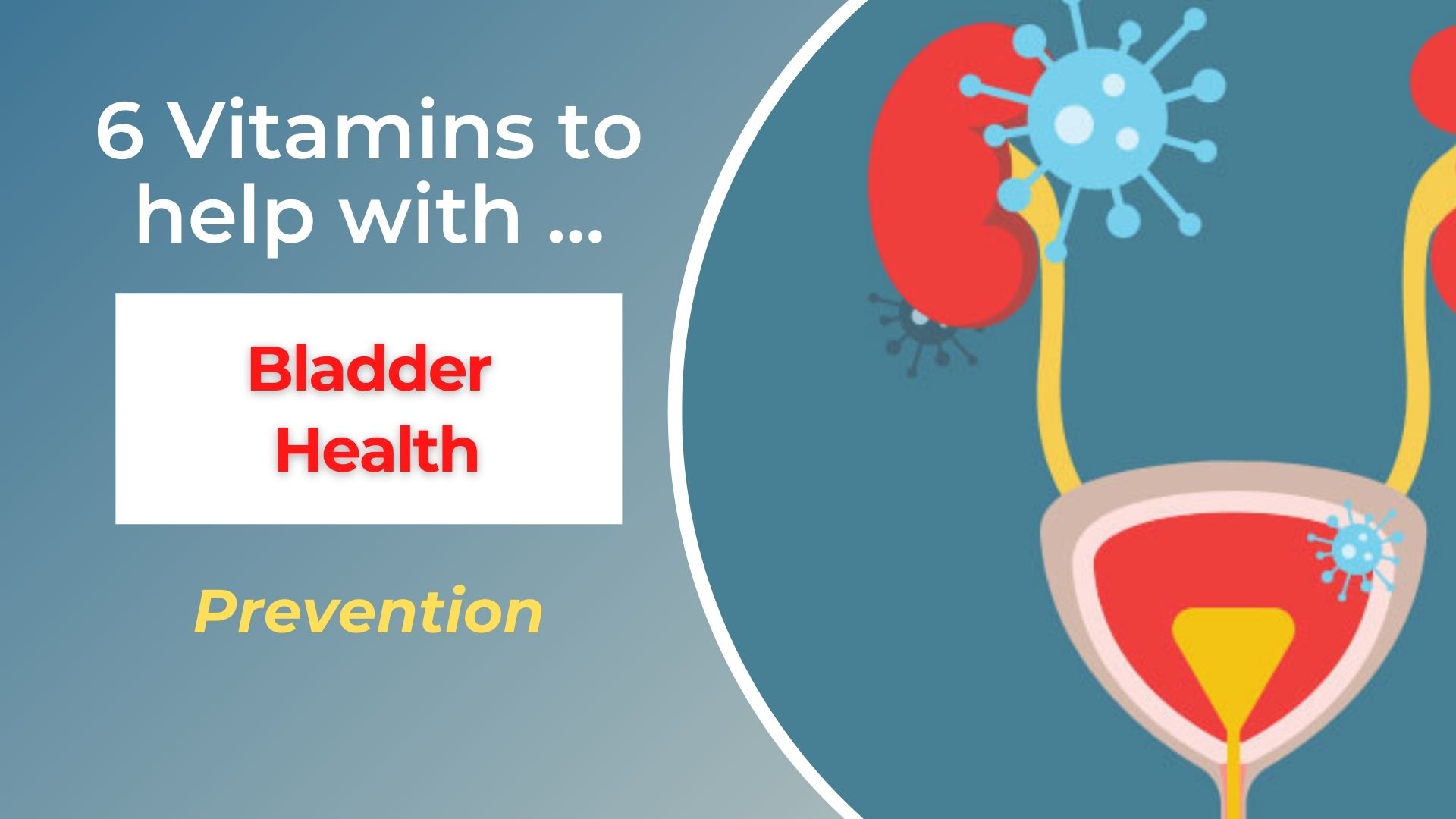Inconsistent bladder control is a common problem that affects the elderly due to old age or illnesses. This condition causes urinary incontinence and makes life quite challenging over time.
However, you can address these bladder health problems to help significantly improve bladder control. Embracing a few lifestyle changes like improving your diet and taking the necessary supplements will help you immensely. Integrating pelvic floor exercises like Kegels is also an excellent option.
When looking into vitamins to help with bladder control, you need to remember that some will benefit you while others will make things worse. Paying attention to this will allow you to invest in the right vitamins to help you control an overactive bladder.
This post will cover vitamins that help with bladder control and touch on some of the vitamins you should avoid.
Vitamins to Help Elderlies Improve Bladder Health
When we talk of improving bladder health, think of having a normal functioning bladder that you have complete control over without any other issues.
When dealing with an unhealthy bladder, some issues you may experience include repeated urinary tract infections, urinary incontinence, pelvic floor disorder, and increased urinary frequency.
You can take measures to deal with bladder problems, like investing in underwear designed for incontinence and other valuable tools. However, finding ways to restore your bladder health should be the ultimate goal.
The best vitamins to help you decrease bladder health problems and give you better bladder control include;
Vitamin D
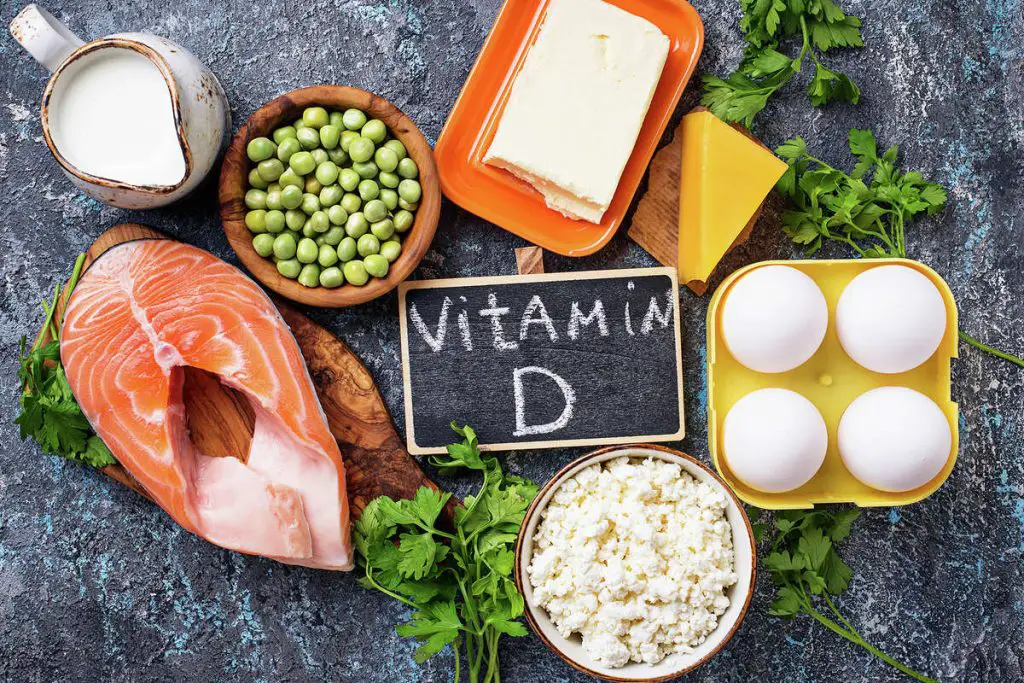
Studies show that vitamin D deficiency increases urinary incontinence and other bladder problems. Therefore, vitamin D plays a significant role in ensuring that your bladder is working at its best to help avoid an overactive bladder.
Vitamin D helps in the intestinal absorption of essential nutrients like phosphates, calcium, and magnesium. This is because it is a fat-soluble vitamin which makes it easier to facilitate faster and easier absorption.
Additionally, smooth muscle cells like the detrusor muscles that help contract the bladder feature vitamin D receptors. Therefore, boosting your vitamin D intake will optimally help your soft muscles function and reduce pelvic floor disorders.
Notably, when you experience pelvic floor disorders, the pelvic floor muscles grow weaker and more spastic.
Chronic pelvic pain and discomfort are common among patients. The early onset of incontinence and back pain from running are other complaints, which are particularly true for women, as they are more likely to experience pelvic floor muscle spasms than men.
Women’s pelvic muscles are more sensitive to changes in hormone levels. Unfortunately, because the muscles in the pelvic floor have become overly reactive and tight, pelvic floor issues make period cramps worse.
Ensure that you invest in vitamin D sources to keep you from vitamin D deficiency. These vitamin D sources include vitamin D supplements, vitamin D-rich foods like Salmon, and time in the sun.
Investing in your vitamin D intake along with other essential vitamins and supplements will significantly improve your kidney and bladder health.
Vitamin C
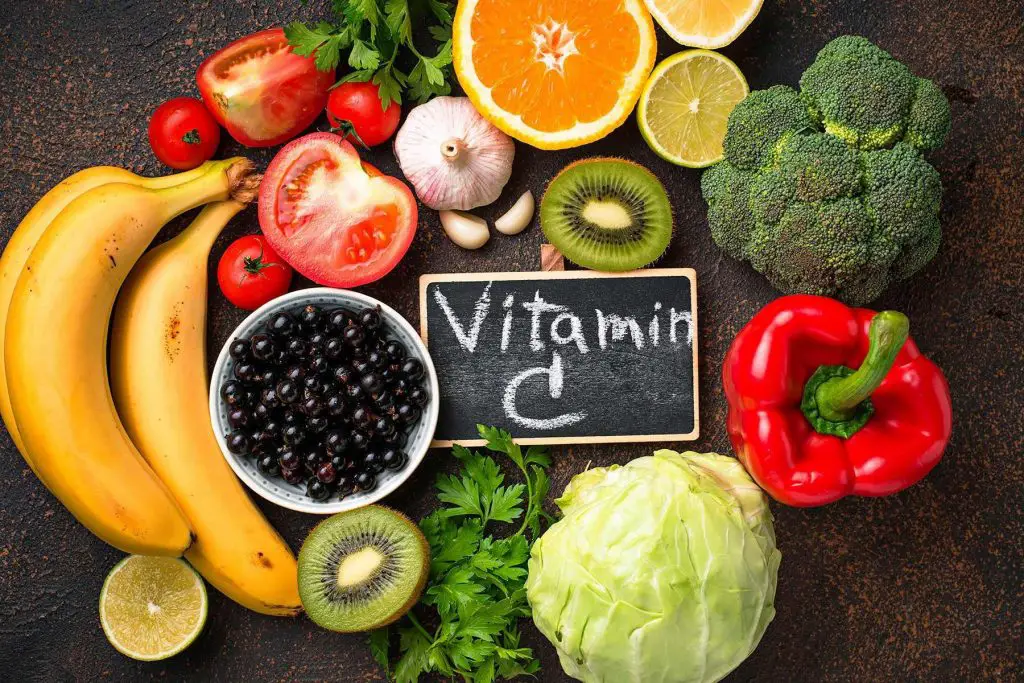
Vitamin C is another excellent vitamin that helps improve bladder health significantly. Studies show that vitamin C intake in high doses results in improved urinary storage or incontinence.
Additionally, it helps reduce urinary urgency to help you gain better control of your bladder. When adding this vitamin into your treatment plan, consider getting it from healthy food sources and avoid supplements.
Some great food sources that you can invest in and add to your healthy diet include red peppers, orange juice, citrus fruits, leafy greens, and tomatoes. Investing in a healthy and balanced diet will give you all the vitamin C you need to improve your bladder health.
Read here to learn more about the benefits of vitamin C rich diets.
Magnesium
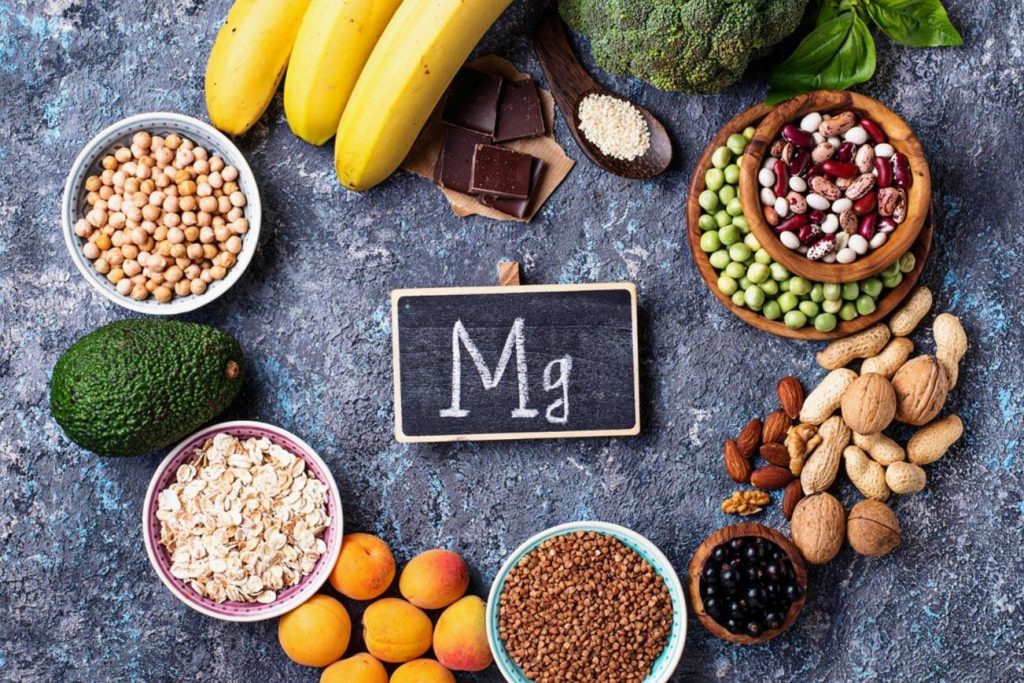
Magnesium helps improve the function of your muscles and nerves to ensure that they are always working correctly. This, in turn, helps your soft muscles in the pelvic floor function at their best.
Magnesium reduces muscle spasms in the bladder to ensure that it empties each time to improve its health and function. With this, magnesium will help deal with and reduce urinary incontinence and better control over your bladder.
Eating foods rich in magnesium is a great way to take advantage of whole food sources that will not worsen your condition. Great magnesium-rich foods include black beans, bananas, dark leafy greens, and avocados.
Probiotics
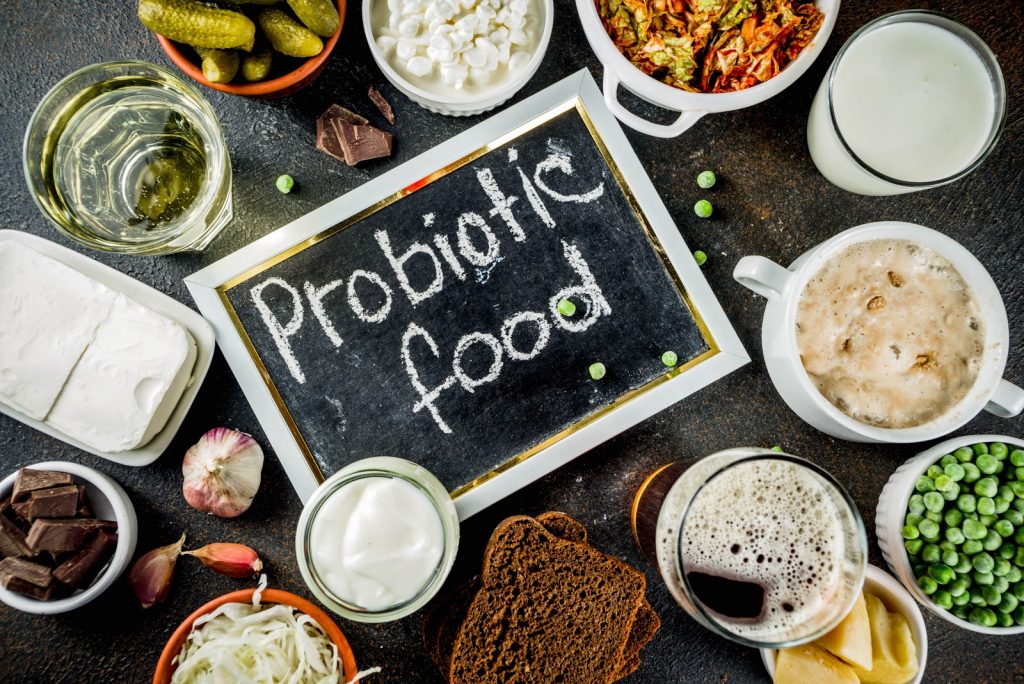
Probiotics are essential to ensuring that your bladder problems don’t get worse. In addition, these probiotics come in handy to treat different urinary tract infections like cystitis and urethritis.
UTIs in older people are prevalent, especially if the bladder does not empty urine entirely each time. When this happens, bacteria forms in the urinary system causing uncomfortable infections.
However, investing in probiotics helps introduce good bacteria back into the urinary tract and helps heal the infection and alleviate the discomfort. Aside from probiotic supplements, some other great probiotic sources are greek yogurt and kefir.
D-Mannose
Another great way to restore health to your urinary system, especially when dealing with UTIs, is by consuming D-Mannose. D-Mannose is a sugar that works to prevent bacteria from accumulating in the lining of your urinary tract.
This helps you avoid UTIs despite having any issues with your bladder. You can easily get D-Mannose as a supplement or consume cranberry juice, apples, and peaches. Investing in this allows you to easily avoid the discomfort of UTIs.
Calcium
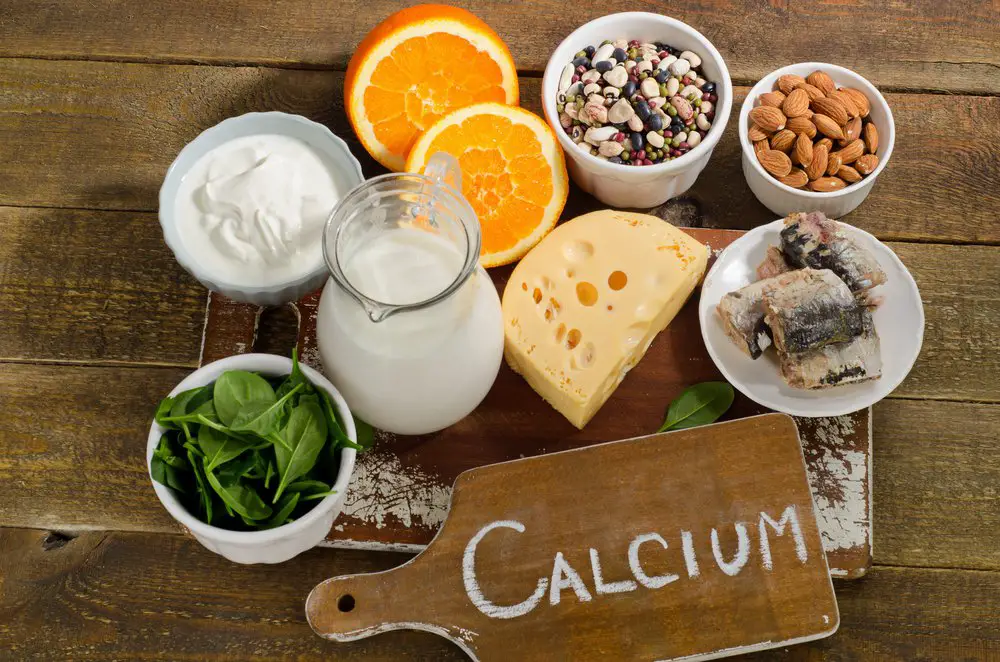
Studies show that increased calcium intake improves urinary symptoms in patients with an overactive bladder. This happens because calcium plays a significant role in enhancing nerve function and muscle contractions, including the detrusor muscles found in the bladder.
The detrusor muscles in the bladder walls work by relaxing to help the bladder store urine and contract when you pee to release it fully. Calcium intake allows you to adequately cater to the strength of your muscles and ensure that they work optimally.
Some great sources of calcium include fortified milk, cheese, green leafy vegetables, almonds, and poppy seeds, among others including calcium supplements.
Vitamins that Worsen Bladder Problems
Vitamins and minerals are great to help improve your overall health significantly. However, not all vitamins will help when dealing with bladder problems. Here are some of the vitamins you should avoid.
Vitamin C Supplements
We’ve covered that vitamin C is great for helping you have a healthy bladder, but that is if it is sourced from foods. In addition, supplemental vitamin C may result in bladder flares leading to increased urinary frequency.
This is especially a problem that people with recurrent UTIs will encounter. Therefore, to be on the safer side, invest in vitamin C-rich foods to ensure that you avoid any additional bladder problems.
Iron Supplements
Supplementing your iron intake may be a great idea to improve other integral body functions. However, excess iron in your body may cause constipation and subject your bladder to pressure. Excessive pressure on the bladder may result in leaks and discomfort over time.
Beta-cryptoxanthin
Beta-cryptoxanthin is another vitamin that has been proven to have adverse effects, especially in people with lower urinary tract symptoms. The primary effect of this vitamin is improper emptying of the bladder, resulting in other issues such as the development of bacteria in the urinary system.
Finally, please know there are other symptoms of an underlying vitamin deficiency besides bladder health. Read here for a list of vitamin deficiency symptoms.


